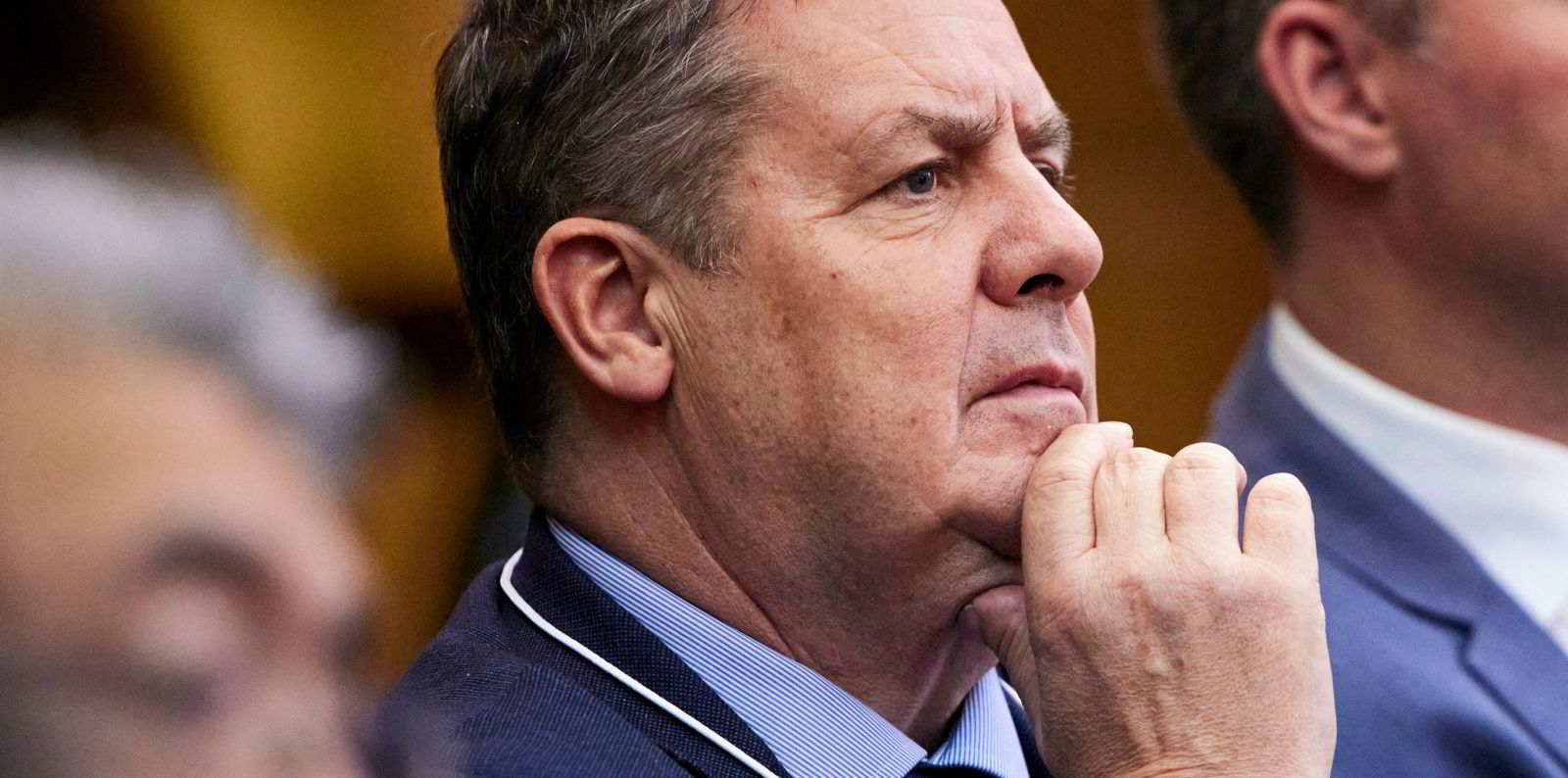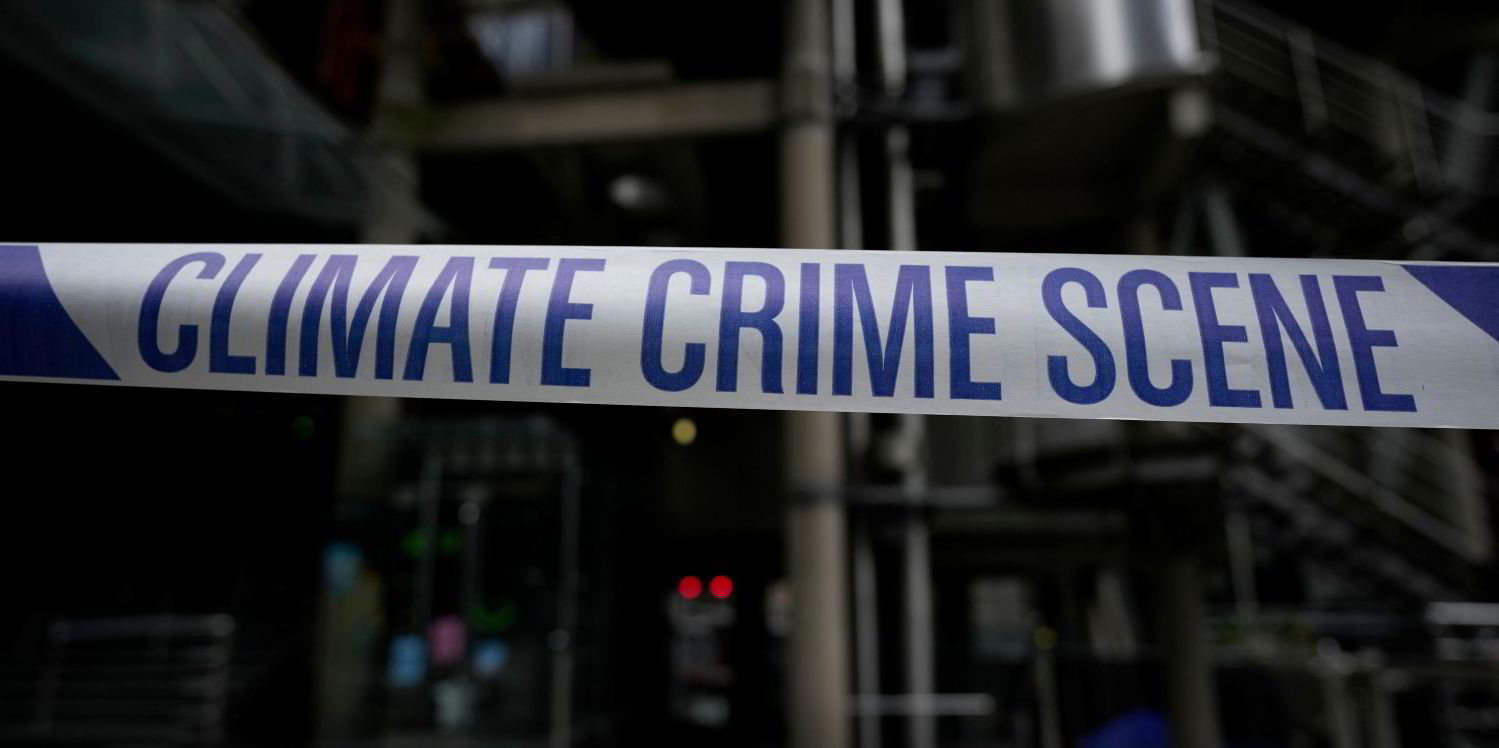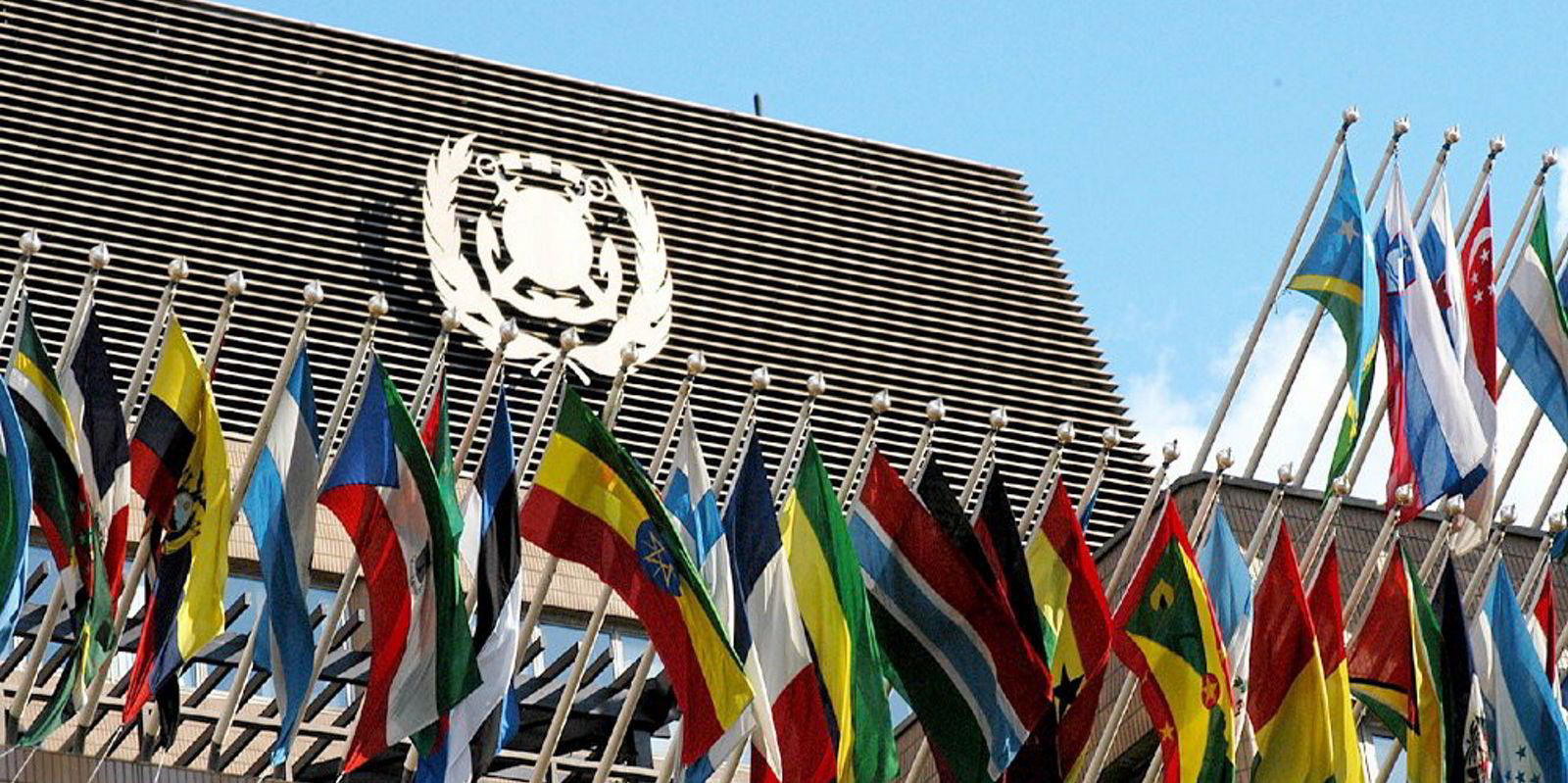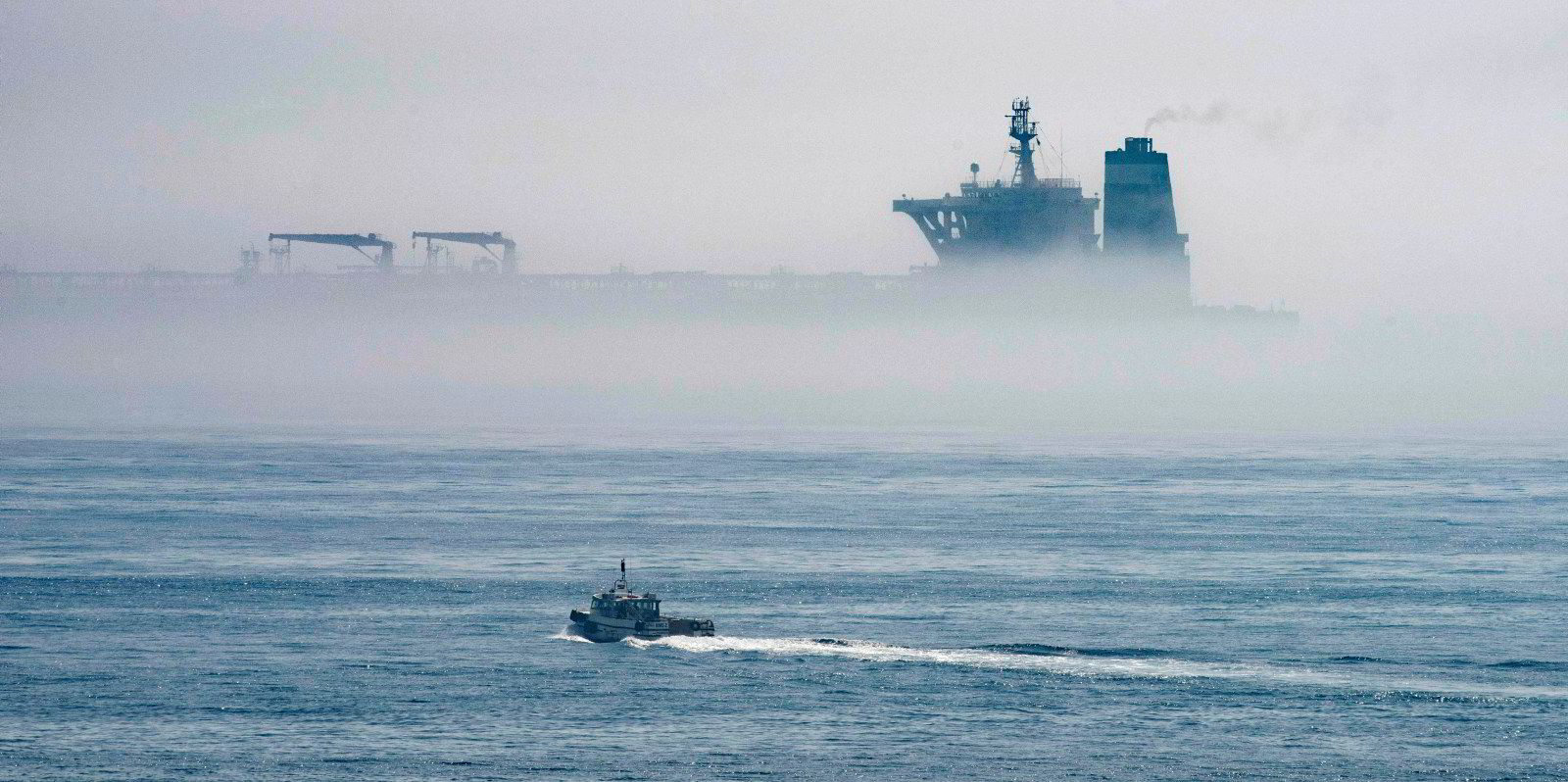One of the world’s biggest climate protests is set to take place in London this weekend as tens of thousands of demonstrators are expected to converge in the centre of the UK capital.
The event organised by Extinction Rebellion and supported by 200 other environmental and civil society groups will be there throughout Westminster and the Houses of Parliament.
The demonstration will pile pressure on the UK government to speed up its actions to decarbonise the economy but give a wider message to shipping and other industries that the time to act is now — not tomorrow.
The International Maritime Organization’s headquarters along the River Thames has previously been targeted for protest and that body knows it is running out of time to find a consensus on a way ahead.
The 80th meeting of the Marine Environment Protection Committee starting on 3 July must agree on a revised strategy for the reduction of greenhouse gas emissions from ships — hopefully in line with the targets of the United Nations’ Paris Agreement on climate change set seven years ago.
Pressure on the IMO increased last week when at a meeting in Japan, ministers for climate, energy and the environment from the G7 group of leading economic nations called for shipping to achieve zero emissions by 2050.
This is a much more ambitious target than the 50% cut in CO2 and other pollution by the middle of this century, compared with 2008 levels, that was originally agreed by the shipping industry’s global regulator.
A group of 45 countries inside the IMO are now pushing for stricter targets, but are facing determined opposition from 13 member states including China and other poorer countries who argue they will be unfairly disadvantaged.
The G7 nations say they will be taking their position to the MEPC along with demands for interim targets along the way backed up by “regulatory signals” — the stick — and “incentives” — the carrot.

But they also admit the transition needs to be “just and equitable” without spelling out exactly how this circle can be squared with China, India, Russia and others who disagree with tougher targets on the grounds of self-interest or global equity.
The G7 ministers’ meeting in Sapporo also agreed to establish 14 “green shipping corridors” between member countries by 2050 as a prelude to a global network.
But the conflict between the two groups of countries at the IMO stalled progress at an intercessional meeting of the MEPC last month leaving many frustrated — including the International Chamber of Shipping (ICS).
Guy Platten, the general secretary of the ICS, insists he is still optimistic that a way can be found to meet the zero-emission target by 2050 at the crucial meeting in July.
The ICS has already submitted to the IMO a recently revised “Fund and Reward” system to help shipping decarbonise financed by a mandatory contribution by ships per tonne of carbon emitted.
And the failure of the UN body in not reaching a wider agreement was spelt out recently by Michael Parker, head of shipping at Citibank and chairman of the Poseidon Principles group of financiers that is determined to align their lending with climate goals.
He told a meeting of the Connecticut Maritime Association that the shipping industry would go its own way — hinting at the potential chaos caused — if the IMO did not make clear international rules in line with the Paris Agreement.
The shape of things to come if the IMO does not seize control of the agenda was demonstrated by the European Union moving forward with its FuelEU Maritime initiative.
‘Everything, everywhere’
These stipulate that the greenhouse gas intensity of ship fuels should be cut by at least 2% by 2025 and 80% by 2050, while the separate EU Emissions Trading System for vessels will start in 2024.
These kinds of regional initiatives are the inevitable result of the IMO’s failure to agree on international frameworks.
In the latest UN climate report last month, UN secretary general Antonio Guterres said this was the final warning: “Our world needs climate action on all fronts: everything, everywhere, all at once.”
We should not need thousands of people protesting in central London to convince governments and international bodies such as the IMO that the time for talk has run out.





